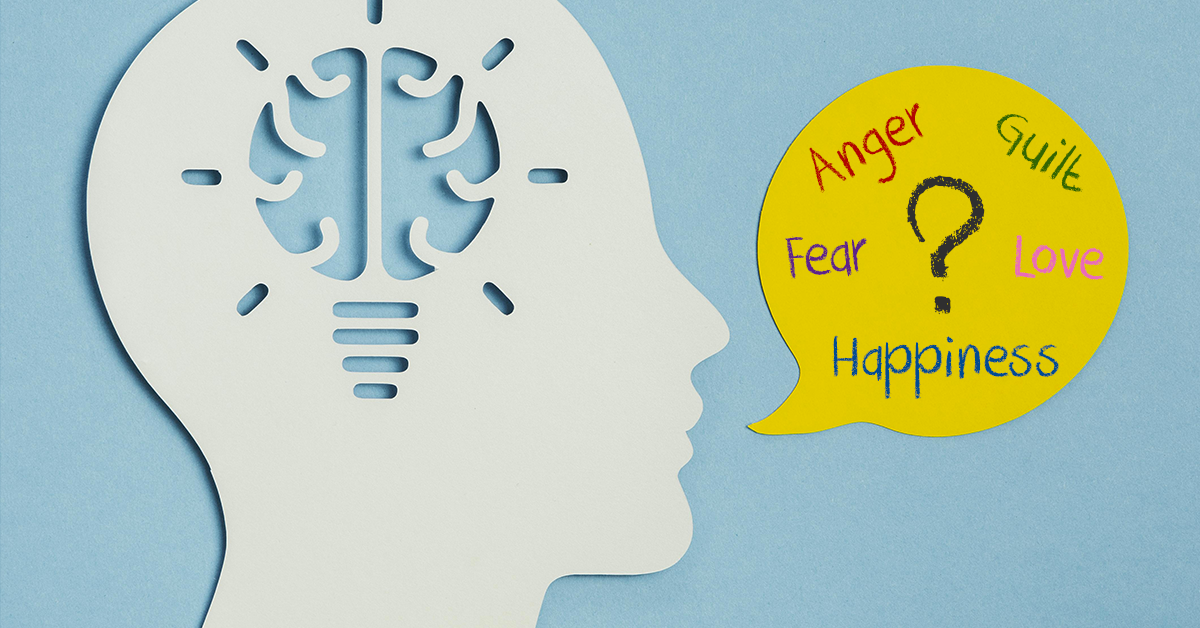Your manager has this “explosive” personality. They have no problem at all blaming others when things go wrong. Maybe it’s not your manager. Maybe it’s your spouse or a friend. In some cases, it may even be you. None of us is perfect. But there is something we can do about it.
Emotional intelligence (EI) is how intelligent we are regarding your or other’s emotions. The benefits and techniques to improve EI have come a long way since being popularized by Daniel Goleman in the 1990s. We explore all five basic components of EI and dozens of ways you can improve your or other’s EI in our EI/EQ Certification training. Let’s look at a few techniques right now.
EI theories suggest there are either 4 or 5 basic components of EI. One of those components is self-regulation. That’s the explosive personality we first mentioned to get your attention at the beginning of this article. Self-regulation is the extent you can regulate or control your emotions. Different people have different “triggers,” or things that excite and/or energize their emotions. The energizing can be negative, like our explosive boss or friend. It can energize guilt or fear, just to name a few emotions. It can also energize positive emotions; like attraction, affection, or love. Whether the triggers ignite negative or positive emotions; it is still referred to as self-regulation. The negative triggers can get you into an argument that you wish you hadn’t started. The positive triggers can get you to buy something you wish you hadn’t bought. The extent you are in control of these “triggers” is the extent to which you have a high, medium, or low EI.
In this day and age, it’s important to be in control of those negative or positive emotions. Have you ever said something to a friend that you wish you hadn’t said? Or your friend said something to you they later told you they wish they hadn’t said to you? This seems to be happening more in our society. Understanding your level of self-regulation and learning to better manage and control it can go a long way toward our happiness. In personal experiences, how many times have you over spent by reaching for something off the grocery store shelf that you really didn’t need, and eventually threw away? I had a friend who did something like that once. But his was a “little” more extreme than reaching for a grocery store shelf. This friend was triggered by the looks of certain expensive cars. On a whim one day, he came home and surprised his wife with a new BMW 750i; a six-figure automobile even when he purchased it many years ago. Talking about explosive personalities. You should have heard what his wife said to him. Needless to say, he quickly returned the car for somewhat of a financial lose. I have talked to this friend several times over the years about this episode. We both laugh about it now, but he wasn’t laughing about it then.
There are dozens of ways to manage, control, and improve your self-regulation. Has anyone ever told you to “count to 10 before saying what is on your mind?” How about “sleep on that decision before taking action.” My friend would have been much better off, if he had just controlled his impulse and slept on the decision before buying the BMW. How about a third technique when you are feeling stressed? Has a friend ever advised you to “take a mental time out and visualize a peaceful place for a few minutes.” Or instead, take a physical time out for a little while and remove yourself from the situation. Then later return to what you were doing that was so stressful. Surprisingly enough, when you returned, you probably weren’t feeling nearly as stressed. Did the stress go away completely? Probably not, but it may have been decreased to the point where you could much more effectively and rationally deal with the situation.




